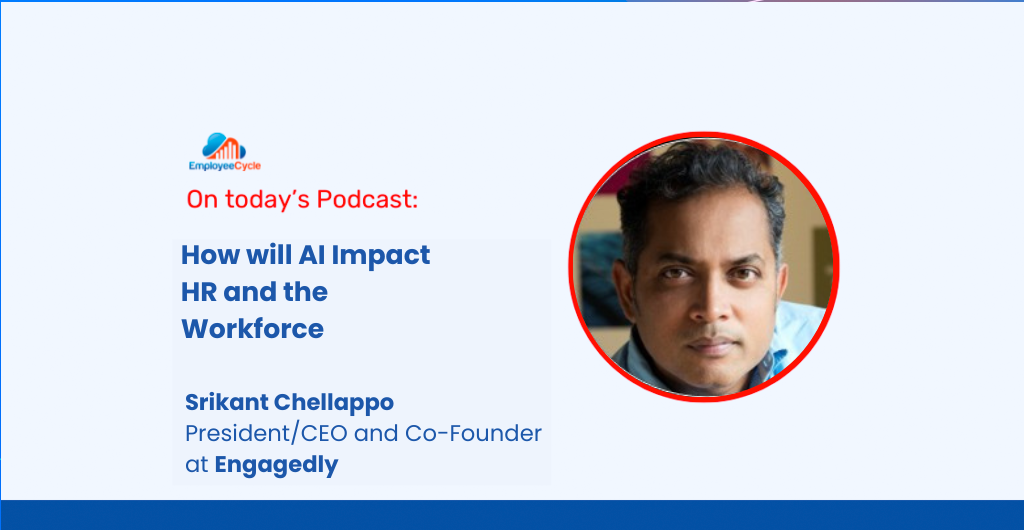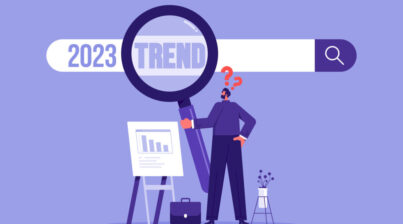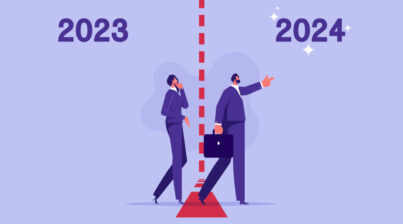Discover the transformative power of AI in HR and the workforce in this episode of the Employee Cycle podcast. Join host Bruce Marable and guest Sree Chellappa as they explore AI’s potential, challenges, and practical applications for HR processes. Tune in for valuable insights on leveraging AI to streamline operations and create a more engaged workforce.
The Impact of AI on HR: Enhancing Efficiency and Empowering HR Leaders
In today’s rapidly evolving business landscape, the integration of artificial intelligence (AI) has become a hot topic of discussion across industries. HR professionals, in particular, are interested in understanding how AI can revolutionize their roles and drive positive changes within the workforce. In this article, we delve into a podcast transcript featuring Bruce Marable, CEO of Employee Cycle, and Sree Chellappa, CEO and co-founder of Engagingly, as they explore the impact of AI on HR processes and the employee experience.
The Need for AI in HR
There are various challenges faced by HR and people leaders, such as the manual and time-consuming process of HR reporting. Traditional methods of gathering data from various systems often lead to inefficiencies and frustrations. This is where AI comes into play, promising to streamline HR operations and provide data-driven insights that can help solve critical HR challenges. AI offers the potential to automate tasks, improve accuracy, and enable HR professionals to focus on strategic initiatives.
AI in HR Today
AI has already made its mark in the HR space, primarily in recruitment. Companies have been leveraging AI to reduce bias, analyze resumes, and identify the best-fit candidates. However, the podcast participants emphasize that the future of AI in HR is poised to go beyond recruitment. The integration of AI into talent management platforms is helping HR professionals provide effective feedback to employees, set clear and actionable goals, and assist in personalized learning and development. AI-powered chatbots are also enabling employees to access self-service options, such as retrieving information about policies, benefits, and leave balances, thereby reducing the HR team’s administrative workload.
Navigating AI Adoption
HR leaders may feel overwhelmed when it comes to adopting AI due to the fast-paced nature of technological advancements. The participants discuss the importance of evaluating AI platforms based on their actual value proposition rather than being swayed by superficial features. HR leaders should consider whether the AI solution enhances the quality of work, makes managers more effective, and reduces time spent on tactical tasks. It is essential to look beyond the bells and whistles and assess the tangible benefits that AI can bring to the organization.
AI and Strategic Work
While the current focus of AI in HR lies in automating tactical tasks, there is speculation about the role of AI in strategic initiatives. The participants acknowledge that AI’s potential to contribute to strategic work exists but note that it requires deeper thinking, cultural understanding, and a broader market context. Currently, the tactical aspects of HR, such as policy interpretation and process guidance, are better suited for AI automation. However, as AI technologies mature, strategic applications may emerge, enabling HR leaders to make data-informed decisions and optimize talent management practices.
Addressing Concerns
The podcast also touches upon the concerns surrounding AI, such as data security and the potential for misuse. It is crucial to ensure that platforms handling sensitive employee information prioritize data privacy and adhere to established regulations. HR leaders should evaluate the credibility and track record of AI providers to ensure data protection. Additionally, the limitations of AI should be acknowledged. AI systems can only be as accurate as the data they are trained on, and their effectiveness is contingent on the information provided by the organization.
Conclusion
As AI continues to evolve, HR leaders must embrace the opportunities it presents while navigating its challenges. AI has the potential to streamline HR operations, improve decision-making, and enhance the employee experience. However, a cautious and strategic approach is necessary to maximize the benefits of AI adoption. By evaluating AI platforms based on their ability to address specific HR needs and enhance work processes, HR professionals can leverage AI as a valuable tool to drive positive change within their organizations.
How to find Srikant Chellappa and Engagedly:
About Engagedly
Engagedly is a comprehensive talent management platform designed to empower organizations in optimizing their workforce’s potential. With a suite of powerful tools and features, Engagedly enables HR and people leaders to enhance employee engagement, streamline performance management, facilitate goal setting, foster learning and development, and promote effective coaching and mentoring. By leveraging cutting-edge technology, Engagedly provides a user-friendly and intuitive interface, allowing organizations to automate HR processes, track and analyze data, and drive continuous improvement. With Engagedly, businesses can create a thriving and empowered workforce, leading to increased productivity, higher employee satisfaction, and overall organizational success.











